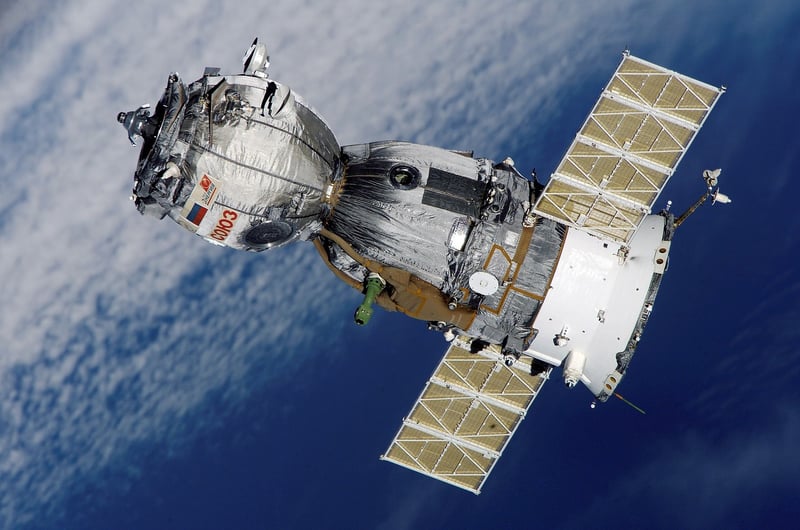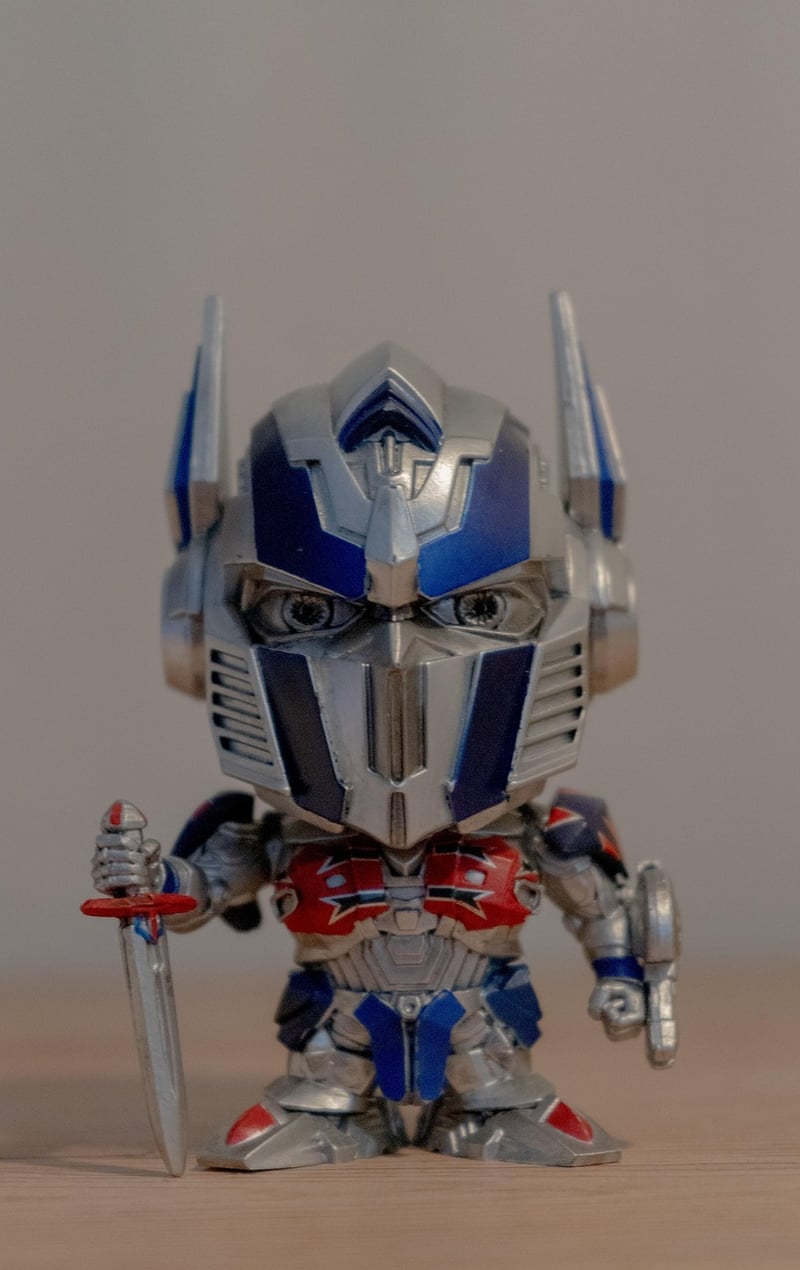Prime Directive
The Prime Directive: Navigating Moral Dilemmas
When faced with complex moral dilemmas, individuals often seek guidance from philosophical principles or ethical frameworks. One such framework that has captured the imagination of many is the Prime Directive.
What is the Prime Directive?
The Prime Directive, also known as Starfleet's General Order 1, is a guiding principle in the popular science fiction franchise Star Trek. It dictates that Starfleet personnel must not interfere with the internal development of alien civilizations, even if their actions could potentially save lives or improve conditions.
Applying the Prime Directive to Real Life
While the Prime Directive is a fictional concept, its underlying principles can be thought-provoking when applied to real-world scenarios. For instance, consider a situation where a technologically advanced society discovers a planet on the brink of environmental collapse. Should they intervene and offer their expertise to prevent disaster, or should they respect the planet's autonomy and let events unfold naturally?
Debates and Controversies
The Prime Directive sparks debates about the ethics of intervention, the value of cultural preservation, and the consequences of well-intentioned actions. Some argue that non-interference upholds respect for diversity and self-determination, while others criticize it as a moral failing in the face of preventable suffering.
Final Thoughts
While the Prime Directive may be a fictional construct, its exploration of moral dilemmas resonates with real-world challenges. Navigating ethical quandaries requires careful consideration of various factors, including autonomy, consequences, and cultural sensitivity.

Whether pondering the principles of the Prime Directive or contemplating everyday moral choices, reflecting on our values and the impact of our decisions is essential for personal growth and ethical development.
